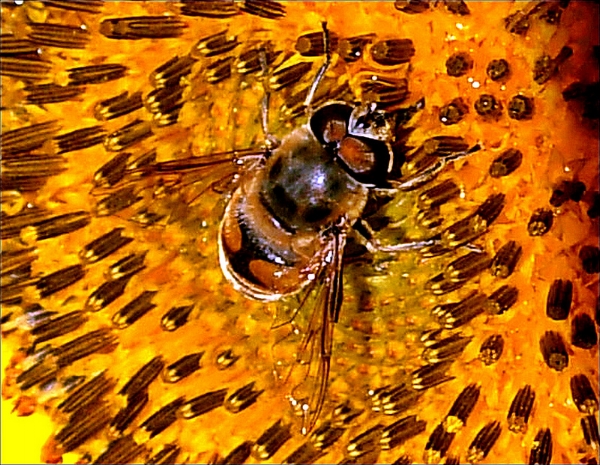1.
And then one morning, just before the sunlight turns to bees
at my bedroom window, I will see it, through fog—
a half-smoked cigarette flattened on concrete, or the rippling
of a cruddy puddle—some image I will chew through afternoon,
until the shadow burgeoning above me dissipates, like an acquittal.
And I’ll remember, then, how home is gathered, and walk
awhile, before I grow too frail and start to eat myself away
the way a memory gets whittled to a single detail
and nothing more, the way each too-bright morning has become
this single too-bright morning— the same old brand new day
my mind’s been peddling for months—and every evening taxed
by solitude becomes another reason I should leave. Some nights,
I want nothing more than to insert this bad year in the middle
of some better era, to go back somewhere I will feel at ease:
I can’t be caught up in another movie, can’t bring myself to cook
or sleep, and so I pull my boots on, and take a drive—waste gas,
wear the paint-chipped body out—until the embers snuff, or
until the light burns low enough, it goes unnoticed in the dark.
2.
And what place isn’t meant for passing through? I think,
the smell of grilled onions radiating above the bar.
Gray-haired men line up on stools like sunflowers
droop in too-hot august, shooting shit as if they’d grown here,
and in truth, they have, congregating three nights every week
since the 1980’s. They come to be with people and they come
to be alone, each enduring memories of some private golden age
they hope to resurrect, if only for a few hours, as each fry,
slider, and chocolate shake does its mouth-to-mouth on whatever
cherished moment the chemicals and lightning in their minds
half-conjure. This is what I mean when I tell you I remember:
a kind of faith in an abandoned language, a way the landscape
has of naming me—the way I once mistook a marigold, an aster
and a black-eyed Susan for a garden, roadside—when my bedroom
ceiling bares its blunted teeth past midnight. The only miracle I know
is loneliness: a man in a Tigers cap squints to recognize me—
standing at the glass door—but I don’t live here anymore, and never
learned to say goodbye, like a regiment that goes on fighting
days after the war is lost. Some nights, relief is like a squad car
stumbling on a tipsy driver. Some nights, I drive home on empty
and fall to bed faceless as a scratched LP—needle skipping—
carrying the probing glances of the passerby into my sleep,
as though the contours of my body had forgotten me, the way faith’s
fortitude is drawn from disavowal of the mystery it sprang from.
3.
Call it faith, call it home—call it garden, if you want to—call it
nothing: to hunger, to return, and to be filled. Perhaps I lay in bed
all morning, and watch a common spider, badly hidden
against the chipping paint above me, no web to speak of—
how long has it been there?—until my hunger pushes me to stand,
and, sensing movement, the spider flees. Perhaps my son wakes early,
asks for yogurt—clapping his hand against his chest, the sign
for please—and I carry him toward the fridge. Across town, a man
dressed in frayed jeans tells the grill cook he just made twenty dollars
raking leaves, and that he feels rich as a senator, carrying his coffee
out into the wind. To engage, to surrender: and what more, he thinks,
could earthlings want? Sliders. Caffeine. Fries at any hour of the day.
Andrew Collard lives in Kalamazoo, MI, where he attends grad school and teaches. His poems can be found in Ploughshares, Crab Orchard Review, and Crazyhorse, among other journals.
Photo by april-mo on Foter.com / CC BY-NC-SA

